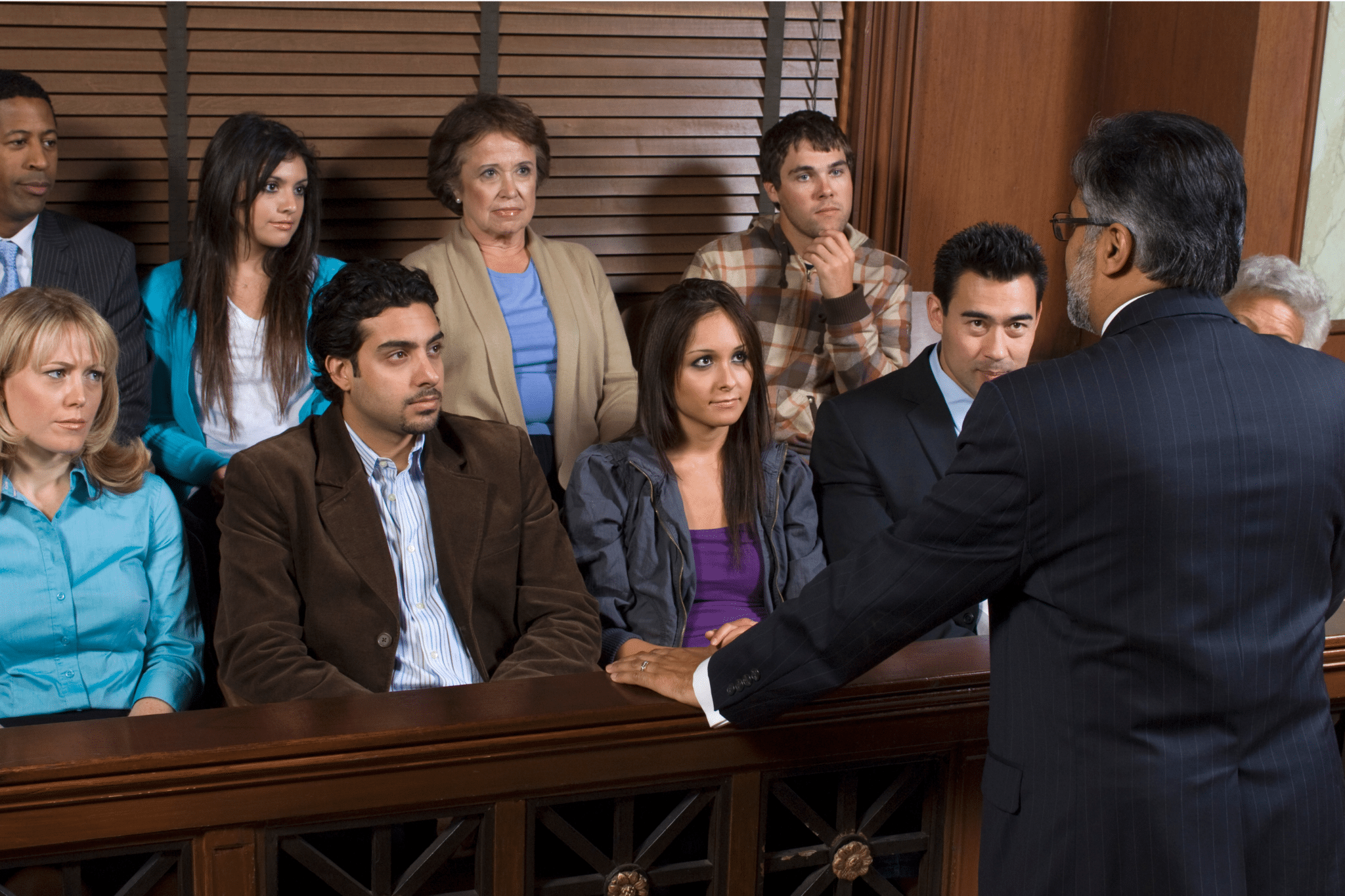Understanding the Burden of Proof in Chicago Burglary Cases
Burglary cases in Chicago, like all criminal cases, hinge on the concept of the burden of proof. Understanding this legal principle is crucial for both prosecutors and defense attorneys as they navigate the complexities of the criminal justice system. In this blog, we will delve into the burden of proof in Chicago burglary cases, exploring what prosecutors must demonstrate to secure a conviction and how defense attorneys work to challenge that proof. Additionally, we will discuss the importance of building a strong defense with an experienced criminal defense lawyer to protect the rights of the accused.
The Legal Principle of Burden of Proof:
The burden of proof is a fundamental concept in criminal law that dictates which party is responsible for presenting evidence and persuading the fact-finder (usually a judge or jury) of the truth of their position. In criminal cases, the burden of proof rests squarely on the prosecution, who must prove the defendant’s guilt beyond a reasonable doubt. This is the highest standard of proof in the legal system and requires the prosecution to demonstrate that there is no other logical explanation that can be derived from the evidence except that the defendant committed the crime.
Expert Testimony:
In some burglary cases, defense attorneys may call upon expert witnesses to provide testimony that challenges the prosecution’s evidence or offers alternative interpretations of the facts. For example, forensic experts may analyze physical evidence found at the crime scene to determine if it supports the prosecution’s theory of the case. Additionally, behavioral psychologists or criminologists may testify about factors that could influence an individual’s behavior, such as mental health issues or external pressures, which may cast doubt on the prosecution’s portrayal of the defendant as a calculated criminal. Expert testimony can be instrumental in undermining the prosecution’s burden of proof and presenting a more nuanced understanding of the circumstances surrounding the alleged burglary.
Constitutional Challenges:
Defense attorneys may also raise constitutional challenges to the prosecution’s evidence or methods used in the investigation. For instance, they may argue that law enforcement officers conducted an unlawful search or seizure in violation of the Fourth Amendment, thereby rendering any evidence obtained from such actions inadmissible in court. Similarly, defense attorneys may challenge the admissibility of statements or confessions obtained from the defendant in violation of their Fifth Amendment right against self-incrimination. By asserting constitutional challenges, defense attorneys aim to suppress evidence that weakens the prosecution’s case and safeguards their client’s constitutional rights.
Negotiating Plea Bargains:
In some instances, defense attorneys may pursue plea bargain negotiations with the prosecution as a strategic defense tactic. A plea bargain involves the defendant agreeing to plead guilty to a lesser offense or accepting a reduced sentence in exchange for concessions from the prosecution, such as dropping certain charges or recommending a lenient sentence. Plea bargains can offer defendants a way to mitigate the consequences of a conviction and avoid the uncertainty and expense of a trial. However, it’s crucial for defense attorneys to carefully weigh the potential benefits and drawbacks of plea bargains and ensure that any agreements reached are in their client’s best interests.
Preparing for Trial:
Finally, defense attorneys must diligently prepare for trial to effectively challenge the prosecution’s burden of proof in Chicago burglary cases. This preparation may involve conducting thorough investigations, interviewing witnesses, reviewing evidence, and developing persuasive legal arguments. Additionally, defense attorneys must skillfully cross-examine prosecution witnesses, present compelling evidence in support of their client’s innocence, and advocate vigorously on their behalf in court. By meticulously preparing for trial, defense attorneys can present a strong defense that challenges the prosecution’s burden of proof and increases the likelihood of a favorable outcome for their client.
The Elements of Burglary in Chicago:
To secure a conviction in a burglary case in Chicago, prosecutors must establish specific elements of the crime beyond a reasonable doubt. These elements typically include:
- Unlawful Entry: The prosecution must prove that the defendant entered a building, structure, or vehicle without authorization or consent from the owner or occupant.
- Intent to Commit a Crime: Prosecutors must demonstrate that the defendant entered the premises with the intent to commit a felony or theft therein. This intent to commit a crime must be present at the time of entry and proven through circumstantial or direct evidence.
Challenging the Burden of Proof:
Defense attorneys play a critical role in challenging the burden of proof presented by prosecutors in burglary cases. They utilize various legal strategies to cast doubt on the prosecution’s case and protect the rights of the accused. Some common defense tactics include:
- Disputing Intent: One strategy employed by defense attorneys is to challenge the prosecution’s evidence regarding the defendant’s intent to commit a crime. This may involve presenting alternative explanations for the defendant’s presence at the scene or questioning the sufficiency of evidence linking the defendant to any alleged criminal activity.
- Questioning Identification: Defense attorneys may also challenge the reliability of eyewitness identification or other forms of identification evidence presented by the prosecution. They may argue that witnesses’ memories are fallible or that identification procedures were flawed, leading to misidentification of the defendant as the perpetrator.
- Exposing Weaknesses in Evidence: Defense attorneys meticulously scrutinize the prosecution’s evidence, looking for inconsistencies, contradictions, or gaps that could weaken the case against their client. They may file motions to suppress evidence obtained through illegal searches or seizures, challenge the admissibility of witness testimony, or present alibi evidence to rebut the prosecution’s claims.
Importance of Legal Representation:
In Chicago burglary cases, the stakes are high, and the consequences of a conviction can be severe. That’s why it’s essential for anyone facing burglary charges to seek legal representation from an experienced criminal defense lawyer. A skilled attorney can thoroughly investigate the facts of the case, identify weaknesses in the prosecution’s evidence, and craft a strategic defense tailored to the specific circumstances. By building a strong defense, individuals accused of burglary can protect their rights, challenge the burden of proof presented by prosecutors, and work towards achieving a favorable outcome in their case.
About the Author:
Andrew M. Weisberg is a former felony prosecutor who now serves as a defense attorney in the greater Chicago area. He has extensive experience handling all types of criminal cases, from sex offenses and domestic violence to retail theft-related crimes, murder, and drug crimes. His work has been recognized by Avvo, Expertise, National Trial Lawyers, and others, and he has been featured on countless news outlets for his experience and knowledge in criminal law.







 Blog Home
Blog Home 












